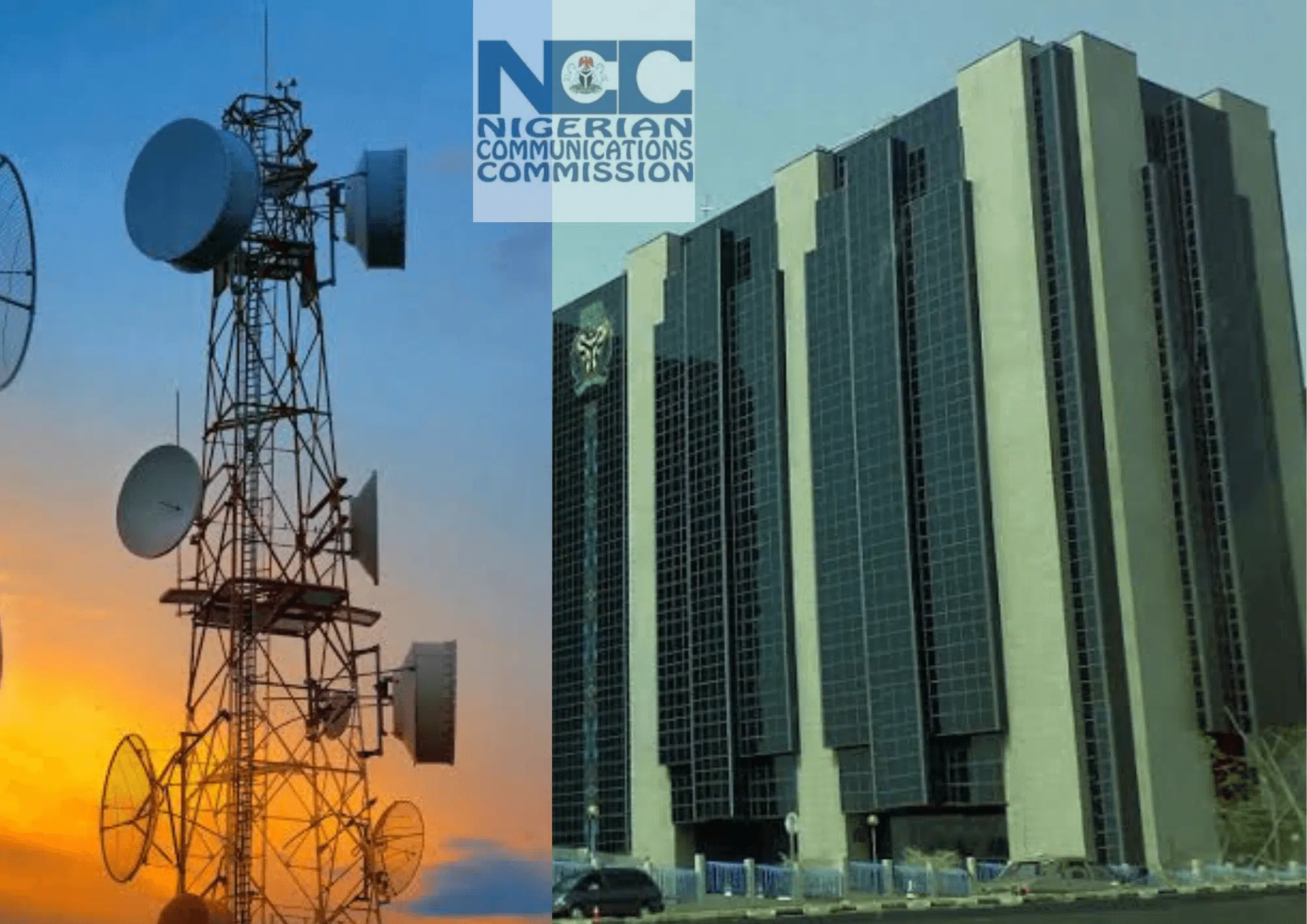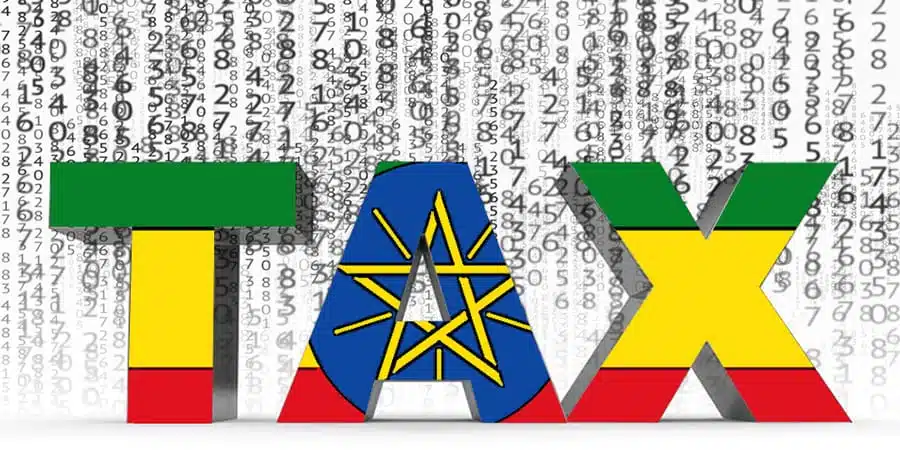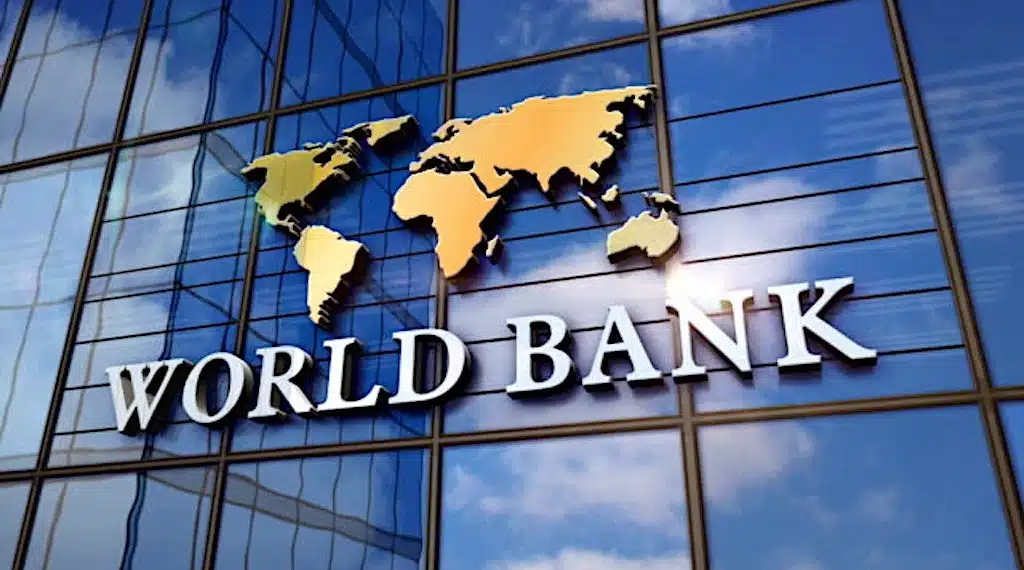A change is coming to Nigeria’s telecom world, and it’s going to affect more than just your airtime. At the heart of this is the government’s approval of a long-anticipated tariff increase for calls, SMS, and internet data, leaving individuals and businesses bracing for impact. With the Nigerian Communications Commission (NCC) set to release guidelines and the specific rate, the cost of staying connected is about to shift significantly.
One major sector which will feel the weight of this is the banking sector. Banks rely a lot on telecom networks for mobile apps, online banking, and USSD services. If telecom costs go up, it will make digital banking more expensive. USSD services, in particular, could become harder to use, affecting millions of people and small businesses who depend on them for basic banking. Banks may have to adjust their deals with telecom companies or raise prices for customers, which could make it harder for unbanked and underbanked people to access affordable financial services
However, this challenge could also lead to new solutions. Banks might want to partner with fintech companies, use digital wallets, or find ways to offer offline banking. If banks don’t adapt, the tariff increase could slow down Nigeria’s progress toward financial inclusion.
Telecom companies like MTN and Airtel will likely benefit from the tariff increase. Both have struggled with rising costs due to inflation and the devaluation of the naira. The price hike will help them invest in better infrastructure, expand their networks, and improve services to stay competitive globally. MTN, for example, could speed up its 5G rollout, while Airtel plans to make gradual changes to improve services over time.
For 9Mobile, which has faced financial troubles, the price increase could provide some relief. The extra revenue might help stabilize the company and improve its operations. However, how well it can take advantage of the tariff increase will depend on fixing its internal issues and earning back consumer trust.
Finally, for small businesses and individuals the price hike will mean higher costs for communication and internet. Small businesses that rely on online marketing, customer service, and transactions may struggle with the added expense, which could lower their profits. People, especially those with lower incomes, might cut down on calls, texts, and data usage, which could make it harder for those in rural areas to stay connected.






